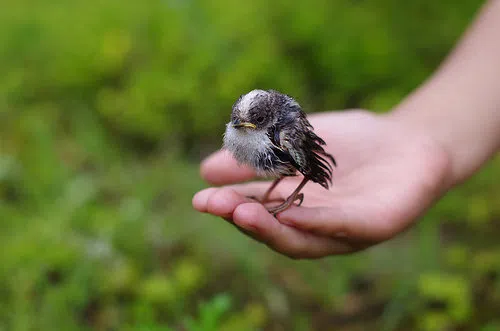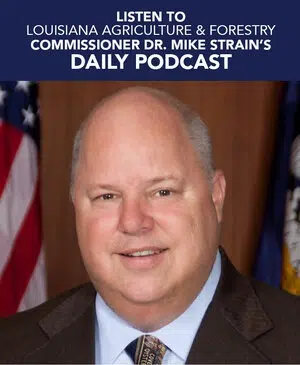With the arrival of spring and summer approaching, the likelihood of crossing paths with young birds that appear to be in distress rises. While the temptation for some to scoop them up in an effort to assist the animal is there, many times what appears to be trouble is actually quite natural for fledglings. LDWF bird biologist Melissa Collins said leave the birds to fend for themselves.
“We’re asking people to enjoy what you see, but leave these injured, or what they suspect as injured or orphaned birds undisturbed,” said Collins.
Collins said Migratory Bird Treaty Act makes it’s unlawful to capture, transport, or possess many varieties of birds, even if someone feels they are helping a situation.
“They can’t even be rehabilitated without both a state wildlife rehabilitation license and a U.S. Fish and Wildlife Service migratory bird rehabilitation license,” said Collins.
Collins said those that feel compelled to help quite often make great wildlife rehabilitators.
“Anyone who is interested in becoming a licensed rehabilitator, they can give us a call or reach out to us on our website,” said Collins.
Collins added if someone still feels that a bird is in trouble, they should contact LDWF before attempting to handle the animal.







